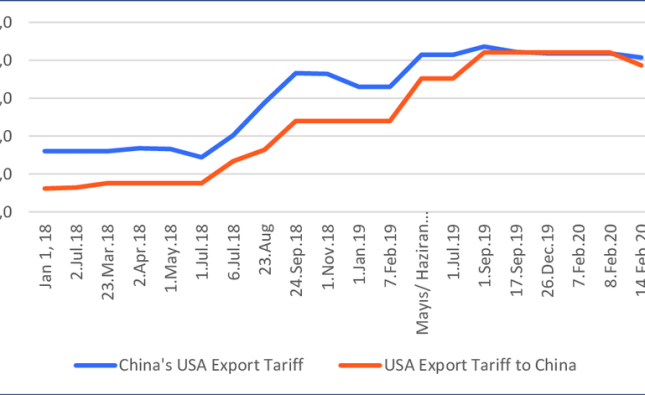
The stock market is a dynamic ecosystem influenced by a myriad of factors ranging from economic indicators to geopolitical events. However, one aspect that adds an extra layer of complexity is market volatility. Volatility, characterized by rapid and significant price fluctuations, can be both exhilarating and nerve-wracking for investors. In this article, we delve into the intricacies of volatile markets, exploring strategies to navigate them effectively.
Understanding Market Volatility

Before diving into strategies, it’s crucial to understand what market volatility entails. Volatility refers to the degree of variation in trading prices over time. High volatility signifies rapid and significant price swings, while low volatility indicates more stable price movements. Several factors contribute to market volatility, including economic data releases, geopolitical tensions, corporate earnings reports, and investor sentiment.
The Impact of Volatility on Investors
Market volatility can have a profound impact on investors, affecting their portfolios and psychological well-being. For some, volatile markets present lucrative opportunities for profit, while for others, they evoke fear and uncertainty. Understanding how volatility influences investment decisions is essential for navigating turbulent market conditions successfully.
Strategies for Navigating Volatile Markets
- Diversification: Diversifying your investment portfolio is a time-tested strategy for mitigating risk in volatile markets. By spreading your investments across different asset classes, sectors, and geographic regions, you can reduce the impact of adverse price movements on your overall portfolio.
- Risk Management: Implementing robust risk management techniques is essential when navigating volatile markets. This may involve setting stop-loss orders to limit potential losses, maintaining adequate cash reserves to capitalize on buying opportunities, and avoiding over-leveraging your positions.
- Long-Term Perspective: Adopting a long-term investment perspective can help investors weather short-term market volatility. Instead of reacting impulsively to price fluctuations, focus on the fundamentals of your investments and their growth potential over time.
- Stay Informed: Stay abreast of market developments by monitoring relevant news sources, economic indicators, and corporate announcements. Having access to timely and accurate information can help you make informed investment decisions in volatile market conditions.
Comparative Analysis of Investment Strategies
| Investment Strategy | Advantages | Disadvantages |
|---|---|---|
| Diversification | Reduces overall portfolio risk | May limit potential returns in strong markets |
| Risk Management | Protects against significant losses | Can be time-consuming and complex |
| Long-Term Perspective | Fosters patience and discipline | Requires tolerance for short-term volatility |
| Stay Informed | Enables informed decision-making | Information overload may lead to analysis paralysis |
Conclusion
Navigating volatile markets requires a combination of discipline, resilience, and strategic foresight. By diversifying your portfolio, implementing effective risk management techniques, maintaining a long-term perspective, and staying informed, you can position yourself to capitalize on opportunities while mitigating potential risks. Remember, volatility is an inherent aspect of the stock market, and mastering its intricacies is key to achieving long-term investment success.










